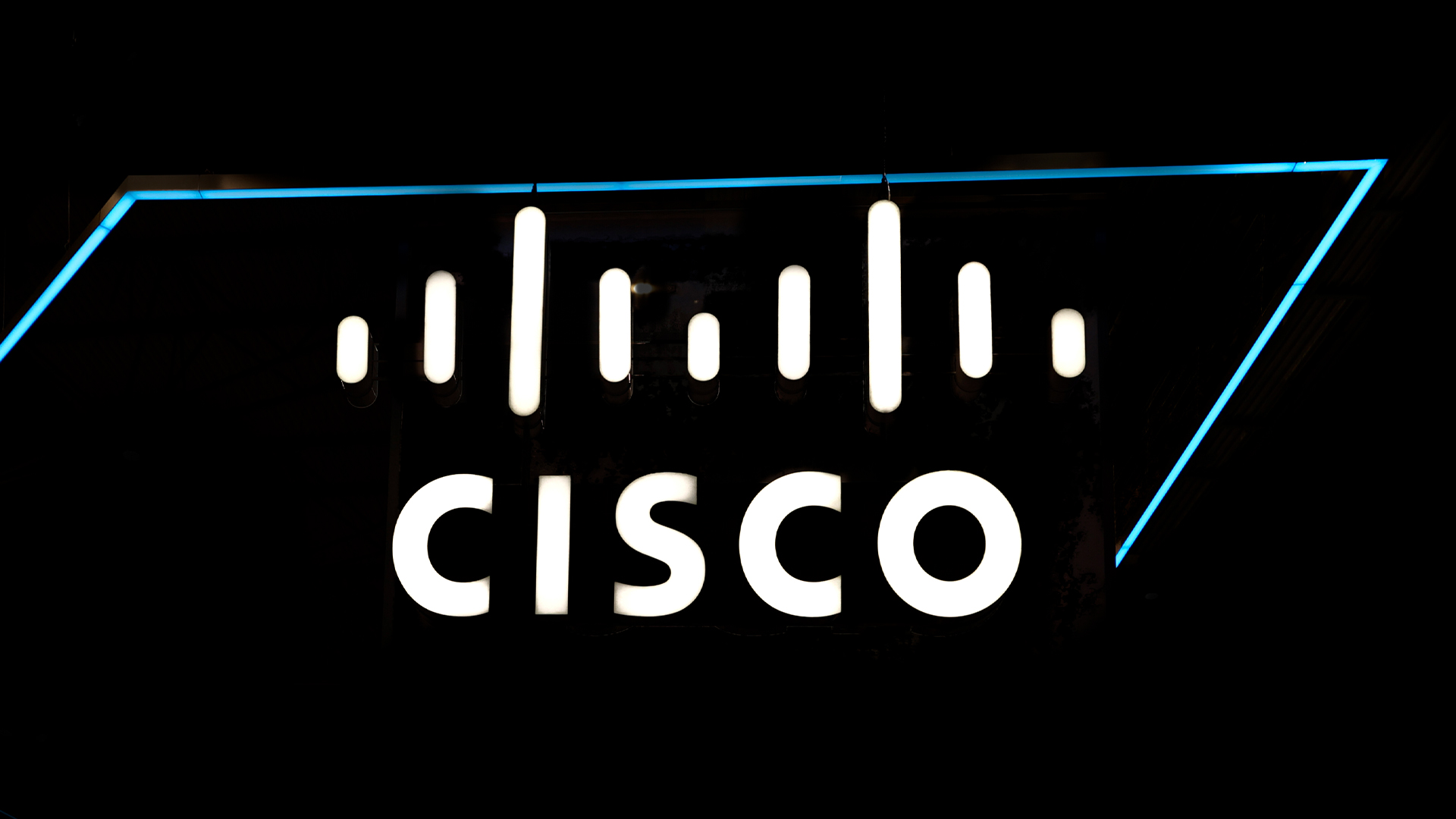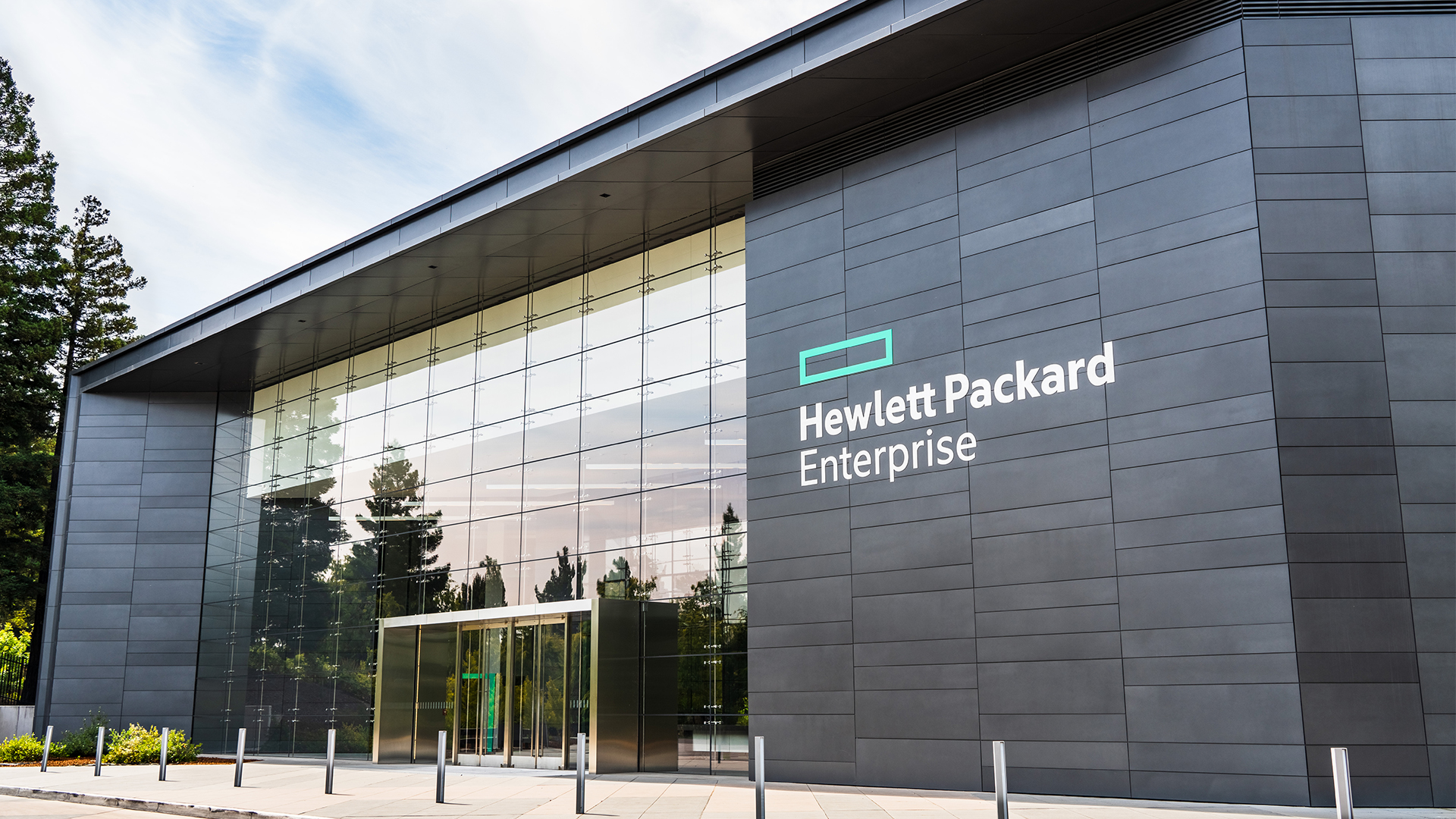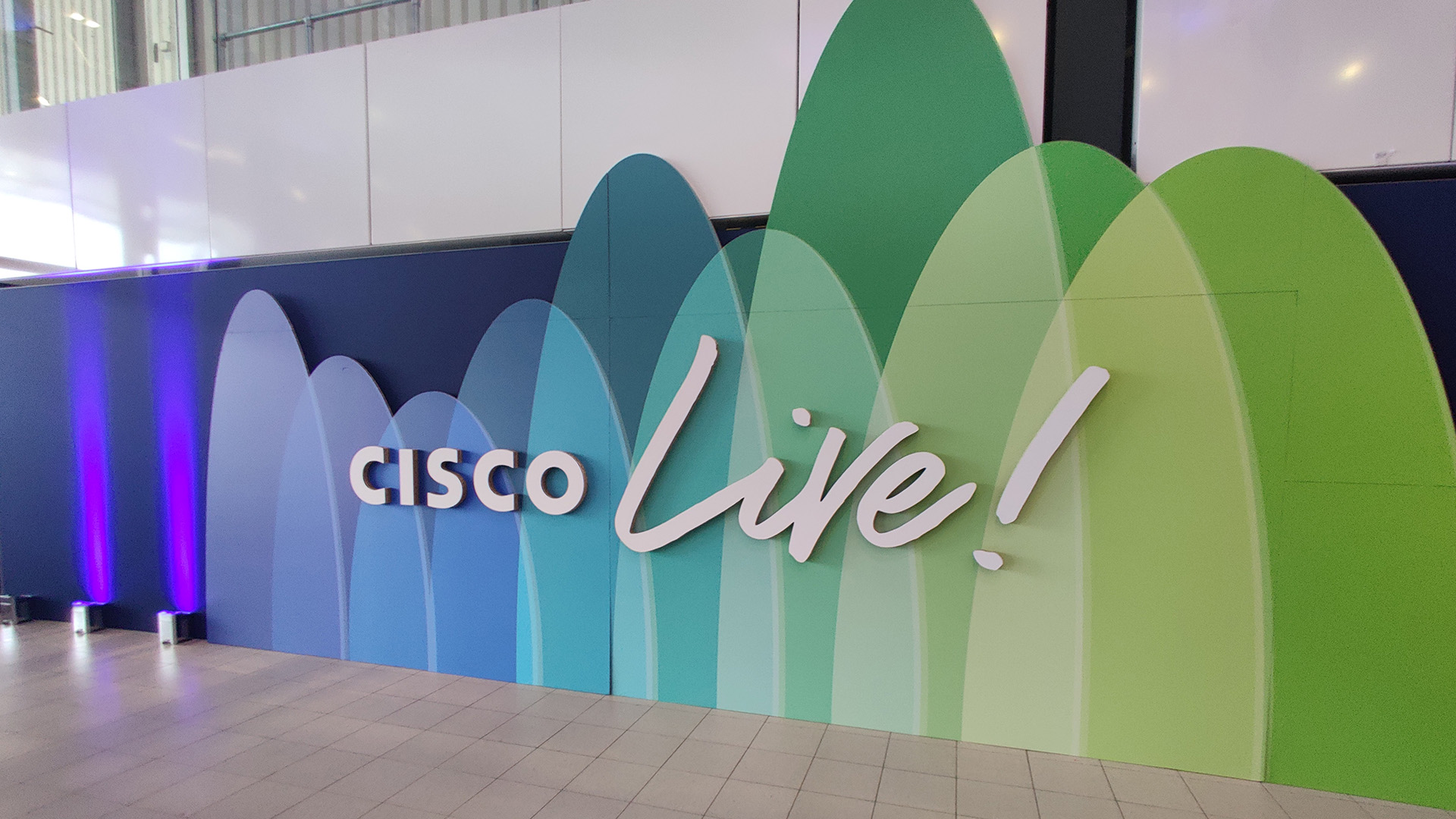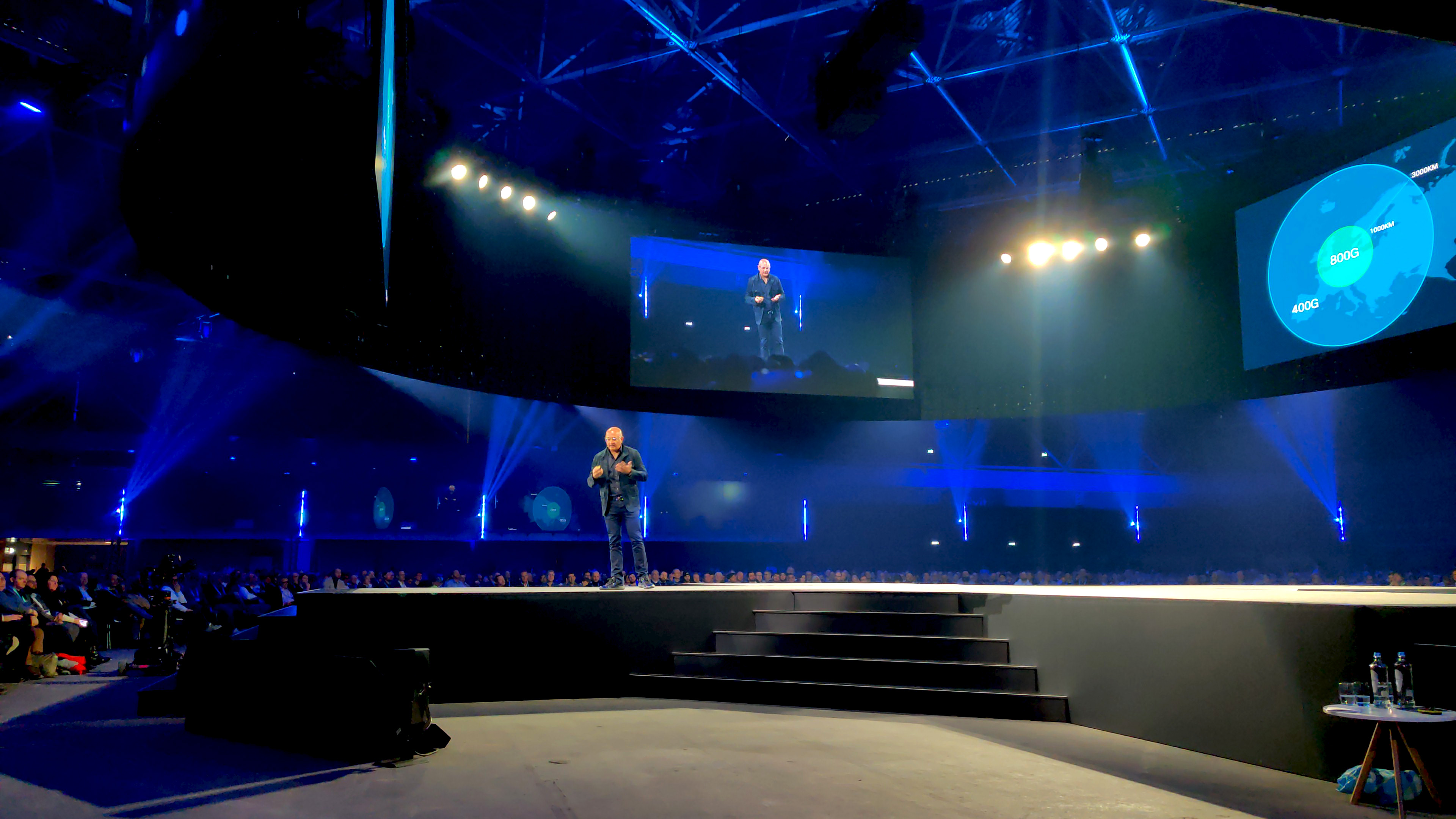Q&A: Cisco on servers, storage and strategy
We chat with Laurent Blanchard, Cisco's vice president of enterprise, to ask why IT should get excited about what the networking giant can offer.


For anyone who's been watching Cisco's development over the past few years, they'll know the company went through a somewhat chaotic period in 2010 and 2011.
In a bid to galvanise investor confidence, the company distanced itself from the consumer sphere, streamlined operations and went back to focusing on the enterprise.
This translated into the death of Flip cameras and umi home videoconferencing, job losses and greater embracing of technologies tied to the network.
Three years ago, no one would have believed Cisco would play a role in the server market.
We caught up with Laurent Blanchard, the networking giant's vice president of enterprise, at this year's Cisco Live event to ask why IT departments should get excited about Cisco again.
Cisco is still fairly new to the server space, having only entered the market with UCS (Unified Computing and Servers) a few years back. What can you say to IT departments to convince them Cisco is a worthy contender in this industry?
I'm not here to convince you if you are not ready to be convinced but I'm going to give my point of view.
Sign up today and you will receive a free copy of our Future Focus 2025 report - the leading guidance on AI, cybersecurity and other IT challenges as per 700+ senior executives
Three years ago, no one would have believed Cisco would play a role in the server market. Actually, what we did was apply our knowledge of driving a huge amount of data through something the network into a server. We redesigned a server from scratch. When you have a legacy of many years, it is very difficult to do this. But the structure of the UCS is new from the design perspective.
In two years, we have just signed the 10,000th UCS customer. Who would have though that we would do that three years ago?
We can differentiate ourselves and the market is actually accepting it very well.
What about bringing in more storage capabilities? Is that something Cisco will do in the future rather than just partnering?
When you look at what is happening, people are moving to the cloud and we've found that there are three levels of services for infrastructure that have to be provided: compute, storage and network.
We believe we have a very strong knowledge of servers, we have 25 years+ in the network and today we believe in storage we are better off partnering with very big companies such as EMC.
We work with NetApp and we work with others as well. We have building blocks together with NetApp in the same way we have with EMC. You can say one is larger than the other one but our approach in the cloud is to drive and to work in an ecosystem.
Tom Brewster is currently an associate editor at Forbes and an award-winning journalist who covers cyber security, surveillance, and privacy. Starting his career at ITPro as a staff writer and working up to a senior staff writer role, Tom has been covering the tech industry for more than ten years and is considered one of the leading journalists in his specialism.
He is a proud alum of the University of Sheffield where he secured an undergraduate degree in English Literature before undertaking a certification from General Assembly in web development.
-
 What is Microsoft Maia?
What is Microsoft Maia?Explainer Microsoft's in-house chip is planned to a core aspect of Microsoft Copilot and future Azure AI offerings
-
 If Satya Nadella wants us to take AI seriously, let’s forget about mass adoption and start with a return on investment for those already using it
If Satya Nadella wants us to take AI seriously, let’s forget about mass adoption and start with a return on investment for those already using itOpinion If Satya Nadella wants us to take AI seriously, let's start with ROI for businesses
-
 Cisco wants to take AI closer to the edge
Cisco wants to take AI closer to the edgeNews The new “integrated computing platform” from Cisco aims to support AI workloads at the edge
-
 Russian hackers are using an old Cisco flaw to target network devices – here’s how you can stay safe
Russian hackers are using an old Cisco flaw to target network devices – here’s how you can stay safeNews With the aim of carrying out espionage, Russia's Center 16 is targeting infrastructure organizations around the world
-
 HPE eyes enterprise data sovereignty gains with Aruba Networking Central expansion
HPE eyes enterprise data sovereignty gains with Aruba Networking Central expansionNews HPE has announced a sweeping expansion of its Aruba Networking Central platform, offering users a raft of new features focused on driving security and data sovereignty.
-
 Extreme Networks targets simplicity with Platform ONE for MSPs
Extreme Networks targets simplicity with Platform ONE for MSPsNews Extreme Networks has announced a new program for MSPs which includes access to its Extreme Platform ONE to address cost challenges.
-
 Cisco polishes its platform but the network is still king
Cisco polishes its platform but the network is still kingAnalysis Cisco still believes its integrated platform will drive new value for customers, but its historic strength in networking is where it will have the edge in the AI era
-
 ‘Divorced from reality’: HPE slams DOJ over bid to block Juniper deal, claims move will benefit Cisco
‘Divorced from reality’: HPE slams DOJ over bid to block Juniper deal, claims move will benefit CiscoNews HPE has criticized the US Department of Justice's attempt to block its acquisition of Juniper Networks, claiming it will benefit competitors such as Cisco.
-
 Cisco wants to capitalize on the ‘DeepSeek effect’
Cisco wants to capitalize on the ‘DeepSeek effect’News DeepSeek has had a seismic impact, and Cisco thinks it has strengths to help businesses transition to AI-native infrastructure
-
 Cisco Live EMEA 2025: All the news and updates as they happen
Cisco Live EMEA 2025: All the news and updates as they happenLive Blog Stay up to date with the latest information live from Amsterdam at Cisco’s annual EMEA conference
